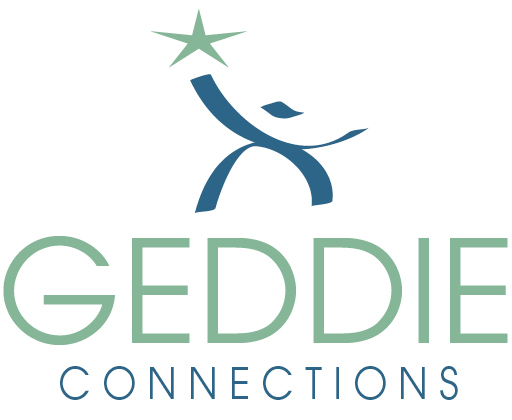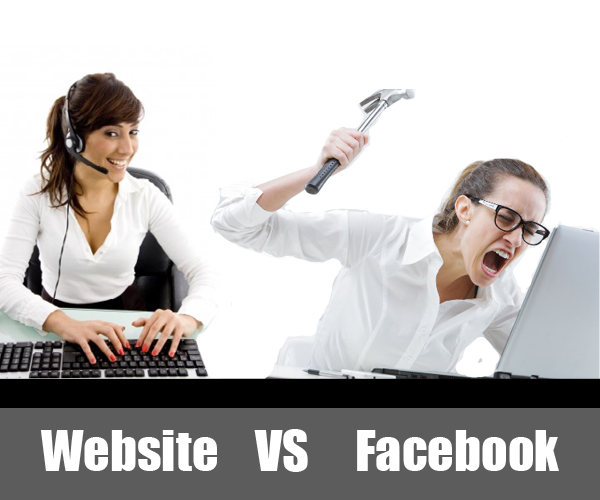(NOTE 08.23.23: This article was originally written in 2016! I am happy to say that most of our tourism towns now have great websites. The problem outlined below remains an issue with others all these years later.)
I’ve noticed lately that several of our tourism entities, venues, performers, and others are trying to use their Facebook pages (or other social media) to relay information to the media and general public and letting their websites become obsolete or not have one at all. While there is value in social pages, using them as your go-to spot is not a good way to generate an abundance of interest in what you have to offer.
Facebook is a great social media outlet — good for having conversations with a handful of people and for keeping a message randomly crossing the view of your subscribers — but it does not work as a go-to place to send people showing an interest or the media that will help you spread the word on specific events or information.
To get the best results for attendance or attention for your events and offerings you need to think of your Facebook page like a rotating billboard. It has its purpose. People passing by may (or may not) see some or all of your messages. Once they are past it they are not going to drive all the way back through the content traffic to try to find that message when they are ready to learn more.
When you refer people in your promotional materials (advertisements, fliers, posters, radio/TV messages, etc.) to your Facebook and other social pages for specific information, you are putting them in the position of having to read through your entire news feed to try to find a specific piece of information such as an event or lunch special or new hours of operation for example — no one has time for that.
The media in particular will not take the time to scroll through news feeds and if you want the free publicity they offer, you need to make it easy for them to find it.
Likewise, the general public is bombarded with information constantly these days and if you want to get their attention, make it easy for them.
The main online hub you establish to communicate with prospective customers is your company’s digital “receptionist.” The experience they have there determines whether or not they show an interest in you and hopefully want to participate in what you have to offer.
Using a Facebook page as your company’s digital receptionist is like asking people to listen to endless telephone recordings — often not even in a language they speak — before they get to someone that can help them. It’s frustrating and many lose interest long before they get the information you want them to know and are aggravated that you sent them there to search for a needle in a haystack.
A website with clearly defined navigation is your best opportunity to provide a user-friendly hub to represent your business and direct people easily to the information they need. Members of the media and general public who go to a website and find it hard to use or out of date assume there’s nothing relevant going on with that person or town or venue — a bad website can kill a business.
Use your website as a portal to your offerings as a whole, where the business value is considerably higher than the sum of its parts. A person should be able to go there and get to your social sites, find links to published articles, video of TV appearances, photographs, and links to the important things that you want to present to the world. It’s your home base.
For instance, tourism town websites should have links to all their attractions, parks, restaurants, lodging, and anything you want tourists to know about your town and certainly a clear calendar of events with specific information. Musicians need to have bios, tour dates and links to where they are playing, audios of their music, and videos of their performances. Restaurants need to have their menus, specials, entertainment if any, photos, and any information you hope the media will use to promote you and that will help the general public make a decision about dining with you.
Don’t forget the need to have high-resolution photos on your site that the media can easily download to help promote you in print, and other mediums are more likely to promote you with easy access to high-quality photography and videos as well.
Social sites are nice spokes on your digital promotional wheel but for the best success, present your business through a quick, friendly go-to hub that only a website can provide.


